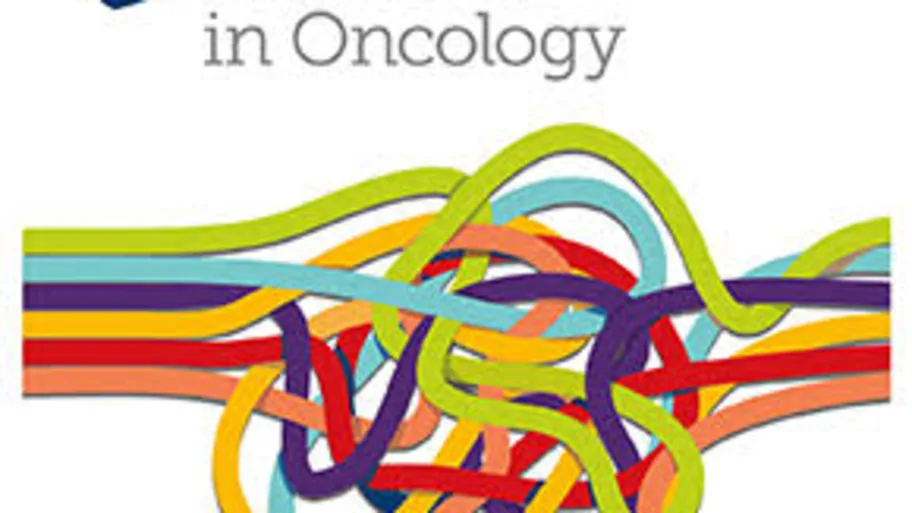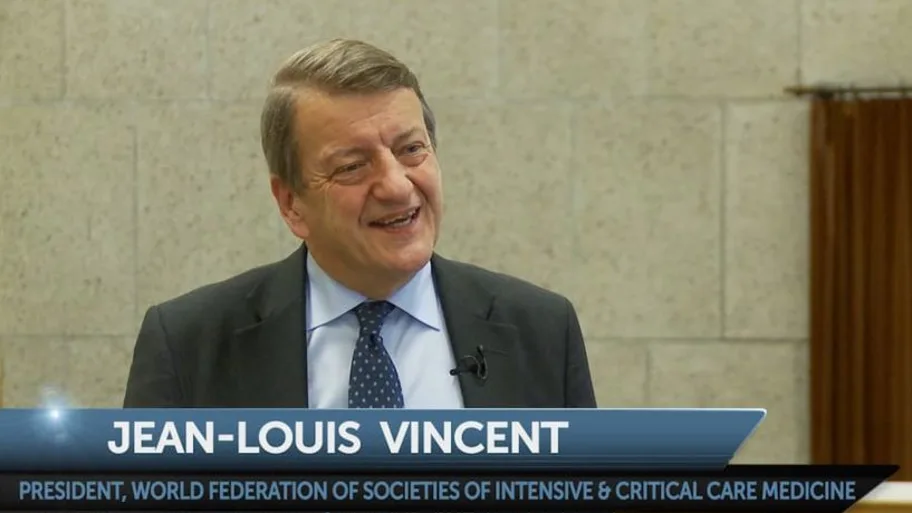
- Science news
- Health
- Doctor turns desperation into a voice for Melanoma patients
Doctor turns desperation into a voice for Melanoma patients
By Damaris Critchlow, Frontiers Science Writer
Each year over 100,000 new cases of melanoma are diagnosed in Europe and 22,000 people die because of the disease. Early detection is important, but patient-centric clinical trials are even more important.
After losing her husband to melanoma, Dr. Bettina Ryll was determined that something needed to change in the way patients and doctors communicated. She launched the Melanoma Patient Network Europe as a way to provide a voice for patients, and to systematically address the unique problems faced by patients with the cancer. On the website, patients can find clinical trials, attend events and look up resources.
“Rather than focusing on the interests of stakeholders like pharmaceutical companies, regulatory and reimbursement bodies, clinicians, researchers and politicians, the principle of the Melanoma Patient Network Europe is that the patient is the number one stakeholder,” Ryll said. “Results can only be achieved through a collaborative approach.”
Her interest in patient-centric clinical trial design began from personal experience. Her husband was diagnosed with melanoma in 2011 and a friend advised him to take part in a clinical trial. “Once he was undergoing treatment, we quickly realized the standard therapies available weren’t working. We needed to try something else. Clinical trials became our hope because they were these new promising drugs that were started making a difference,” she said.
Ryll says that even though they were willing to try a clinical trial, the difficulties they faced in gaining access to them were substantial. “Getting into a trial was not as easy as we had thought. You have tests and you have to qualify, and already that selection process is highly stressful. Then the protocol itself turned out to be horrendous, because there was a trial involving randomization,” she said.
With the cancer spreading and their options running out, Ryll realized that what the patient needs and the scientific approach to problem solving don’t work together and are difficult to reconcile. As a doctor herself, she remembers how in medical school clinical trials were used to guide decision-making in medicine. Yet in reality, how they work in clinical practice highlighted the limitations of knowledge. While scientific procedure aims to resolve this shortage, it does not always act in the most sympathetic way for patients.
“I think any junior doctor is worried about endangering a patient by not-knowing or having a lack of experience. I remember sitting there and thinking ‘this is how we have to do it.’ We need a scientific, clear approach that is going to protect my patients from my own lack of experience. But when you are a patient, then the experience is nothing short of cruel,” she explained.
The community of patients suffering from the same disease became a life-line for Ryll. From discussions with them, the way forward for Ryll became clear. “Trials were obviously the way to go. Every one of them was on clinical trials and often several. We started a discussion among us about what we would consider fair and appropriate for our condition,” she said.
Historically in Melanoma, Stage 4 meant a survival of six to nine months after diagnosis. If you have a new drug coming through, that means you don’t have much to lose because the other option is death. She says as a patient, you want access to innovative therapies as early as possible. At the same time you know that is single drug is in all likelihood not going to be a cure, so you also need a way to continuously learn and to systematically generate evidence.
The response to Ryll’s mission has been nothing but positive. “When I started in advocacy I was angry and upset. I was desperate. I came with the notion that something needed to change and I don’t think I have lost that urge,” she said. “It is not that you wake up one day and say ‘I am an advocate’ — because most of us feel a bit uncomfortable initially. You usually start with a personal concern that becomes so strong that you say that you are no longer willing to take it lying down.”
Ryll is aware of the challenges ahead. Communication between patients and other stakeholders is not easy. It will take time to find common ground but she’s excited about the opportunity.






